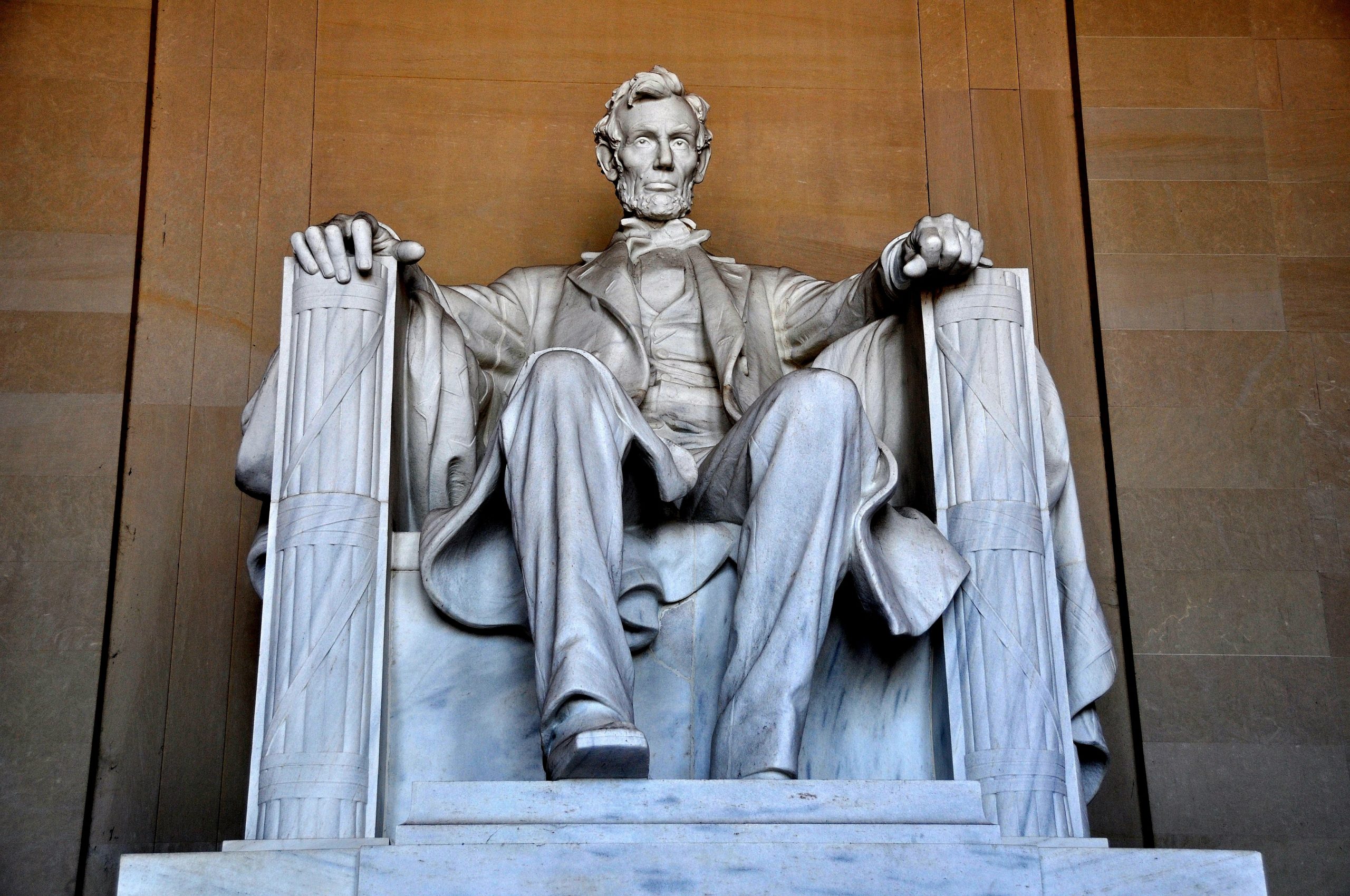

RECOMMENDED READING
Over the last two months protests and Twitter mobs have called for the cancellation of a great deal of America’s heritage, and in many instances civic leaders have cooperated. Daniel Mahoney describes it as a reckless and nihilistic “assault on the nation’s cultural and political patrimony.”
Mahoney is not the only person of deep learning and sound judgment to use the term “nihilism” to describe today’s radicalism. So I found myself going back to Leo Strauss’s provocative lecture, “German Nihilism.”
Strauss emigrated from Germany to escape anti-Semitism. He went first to England and then the United States, where he held a faculty position at the New School for Social Research in New York from 1938 until 1948. He gave his talk in February, 1941. It’s a perceptive diagnosis of the spiritual-moral disease that made German intellectual culture susceptible to Nazism.
Strauss offers a formal definition of nihilism, but in truth the lecture operates with two accounts. In the first, nihilism means the rejection of “modern civilization,” which Strauss defines as the priority of reason over irrationality, peace over war, well-being over suffering.
The second adds historical specificity these juxtapositions. Modern civilization is liberal, or as Strauss put it, “Anglo-Saxon.” In this view, civic life needs to “go small,” emphasizing prosperity over honor, weak, often instrumental bond over strong ones. To use the German terms, modern civilization gives priority to Gesellschaft, the world of commerce where self-interest is allowed and can be harmonized, rather than Gemeinschaft, the warm unity of organic community.
As Strauss points out, German philosophy from Kant onward resisted what it regarded as the commercial mediocrity of English pragmatism (as well as the cold rationalism of the French). Hegel, for example, sought to turn the dissolving instruments of critical reason into a dialectical method of cultural affirmation, allowing German elites to be modern while remaining loyal “spirit.” Wagner’s music exemplifies this double movement.
World War I and Weimar shattered confidence in this fusion. Many young German intellectuals felt trapped by the spiritual emptiness of modern commercial life. (Heidegger was an extraordinarily influential theorist of this emptiness.) They derided the formal legalism of liberal democracy. Marxism coopted dialectical reason, promising utopia of material plenty and individual fulfillment—an end-of-history cessation of consequential activity and meaningful struggle that filled them with dread. In this context, unable to muster religious fervor, young Germans drew strength from negation—an act of the will that has the courage and conviction to destroy the mediocrity of modern civilization. Better nothing than such a future.
We do not live in Weimar, and we do not feel failures of German idealism as harbingers of cultural doom. But there are parallels.
Those marching in protests reject the mediocrity of American society. Our system of justice is not perfect, and this galls. Racial relations are vastly better than they were two generations ago, but they remain fraught. Our society is extraordinary wealthy, yet some remain mired in poverty. Young people have many opportunities. To a degree unimaginable to their grandparents who went to work at 18 or 21, today’s young can live an extended adolescent well into their twenties and even thirties—and yet disappointments still pile up.
I could go on. My point is that America is a very good place to live, as millions of immigrants demonstrate by choosing to come here. But our country is far from perfect. Over the last generation, our educational system has tutored many, perhaps most, to identify what is wrong, while the relatively good aspects of America. This further irritates the wounds of dissatisfaction.
And so we have mobs tearing down statues of Christopher Columbus and vandalizing memorials to Abraham Lincoln. From what I can tell, the people engaged in these acts have no specific crimes in mind when they attack Columbus or Lincoln. Instead, they are expressing a nihilistic sentiment: Better no heritage than this one.
Something similar is at work in calls to defund the police. Better no police force than the one we have today. Or the CHOP in Seattle: Better no government than the one we have.
The overwhelming priority of “no” is the essence of nihilism. It destroys, not with an eye toward a new future, however dimly seen, but rather for the sake of liberation from the galling limitations and failures of the past.
I cringe when conservatives blame the ideological fevers of the present on the Frankfurt School, Nietzsche, or some other foreign invasion. (Alan Bloom trafficked in this trope.) Nihilism has a role in the American tradition. To some degree, Ralph Waldo Emerson pioneered statue toppling when he insisted that the true American always erases the past.
It is the fate of finite mortals to live in a good-enough society, and such a society is, by definition, not entirely good. For someone with a sober view of the alternatives, a good-enough society ought to inspire a large measure of gratitude. For the ambitious, a good-enough society provides occasion for reform and improvement, which is always welcome.
But there are times when a perverse spiritual condition overtakes society. In such moments, a good-enough society becomes an occasion for anger, outrage, and even despair. Instead of seeking improvement, emotions press toward destruction. The 1619 Project gestures toward reform, but its spirit is one of denunciation. This is different from the nihilism of inter-war Germany, which was more metaphysical and less moralistic. But critique and denunciation, when it becomes over-dominant, is a moralizing form of nihilism that has taken hold American society.
The moralism and nihilism remain in tension, and the former may win out. But I do not discount the latter. Some activists in the streets have shown that they prefer chaos and lawlessness to a good-enough law and order. More disturbing is the fact that many mayors and others in civil authority have shown themselves uncertain and ambivalent, as are CEOs, university presidents, and quite a few others in positions of power. The Weimar Republic was attacked by activists in the streets. But its demise was ensured because, when the crisis came, so many were unable to rouse themselves to defend it.
At the end of his essay Strauss hints at the antidote to nihilism. It is not critique of critique—not the negation of negation. Instead, good-enough societies need fitting celebrations of heroic aspiration and a rhetoric that aspires to transcendence. To overcome the nihilism in the streets, we need civic leadership that leavens the mediocrity of modern civilization with the remembrances and promises of nobility.
Recommended Reading
The Consultant Class Scores an Own Goal
With every step away towards a pure market logic and away from physical communities and lived-in traditions, the sporting world will find that the magic and allure of what has made them so compelling start to disappear.
Germany Returns to its Galbraithian Roots; Will the U.S. do the same?
Count Germany as the latest country to abandon the market fundamentalism that has characterized economic policymaking in the West for the past 40 years.
Ordering Obligations for the Common Good
How should businesses balance shareholder interests with obligations to their workers, communities, and nation?













